Get help from top PTSD Psychologists
![]() Time-bound treatment approach
Time-bound treatment approach
![]() Affordable, Online Child Therapy & Counselling
Affordable, Online Child Therapy & Counselling
![]() Schedule Appointments that fit your schedule
Schedule Appointments that fit your schedule
![]() Holistic healing with therapy, yoga & meditation sessions
Holistic healing with therapy, yoga & meditation sessions
Begin Therapy
Consult online with best Therapists
PTSD Psychologists near me
If you are experiencing PTSD, or have a family member who does, it can be difficult to find someone to talk to about your symptoms. Fortunately, PTSD psychologists are available near you. These psychologists can help you understand and manage your PTSD symptoms. They can also provide support to you and your family during this difficult time.
If you are seeking help for PTSD, it is important to find a psychologist who is experienced in treating this disorder. There are many qualified PTSD psychologists available in the area. Talk to your friends, family members, and local resources to see if they can recommend a counselor or therapist who is experienced in treating PTSD.
Symptoms of PTSD


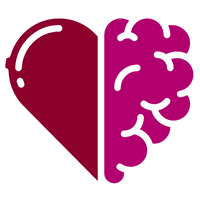
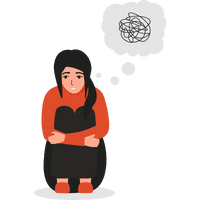
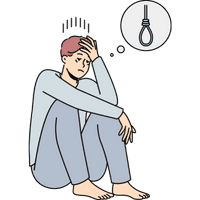
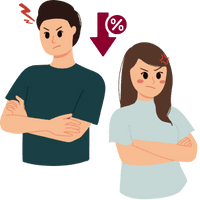
Meet the Best Psychologists



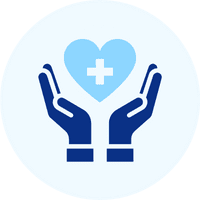
Happy Customers from Around the World

“I have PTSD, and I was not sure what to do or where to go for help. I found Mantra Care in March and have been taking sessions every week since then. The group has helped provide me with a sense of belonging and has made my recovery that much easier.”
- Elaine
Frequently Asked Questions
Though the root cause of PTSD is not fully understood, it is believed to be related to how our brain processes information surrounding traumatic events. With that being said, especially horrific traumas, like rape or combat, are more likely to result in PTSD.
Though there is no cure for PTSD as of now, many treatments exist that can help lessen symptoms and enable people to work through the traumas that caused their condition. Medication, psychotherapy (or what some call “talk” therapy), or a combination thereof are all methods used to treat PTSD. One particularly useful form of talk therapy called cognitive-behavioral therapy (CBT) has shown great promise.
There are many potential benefits of talking therapy, including:
- Decreased anxiety, depression, and anger
- Improved coping skills
- Increased self-confidence and self-esteem
- Better communication and problem-solving skills
- Reduced stress
- Enhanced mental and emotional well-being
Yes! The conversations that take place during therapy are confidential. No information will be shared without your permission.
If you’re feeling lost, it’s always a good idea to speak with someone. If you think you might have PTSD, talking to a mental health specialist may help give some clarity and suggest next steps for treatment.
Yes, therapy can help with a variety of issues. In addition to PTSD, many people who seek treatment also suffer from depression or anxiety disorders. Talk therapy is often beneficial, but other therapies such as medication and support groups may be helpful for some people. There are several types of group therapy available for people with PTSD.

